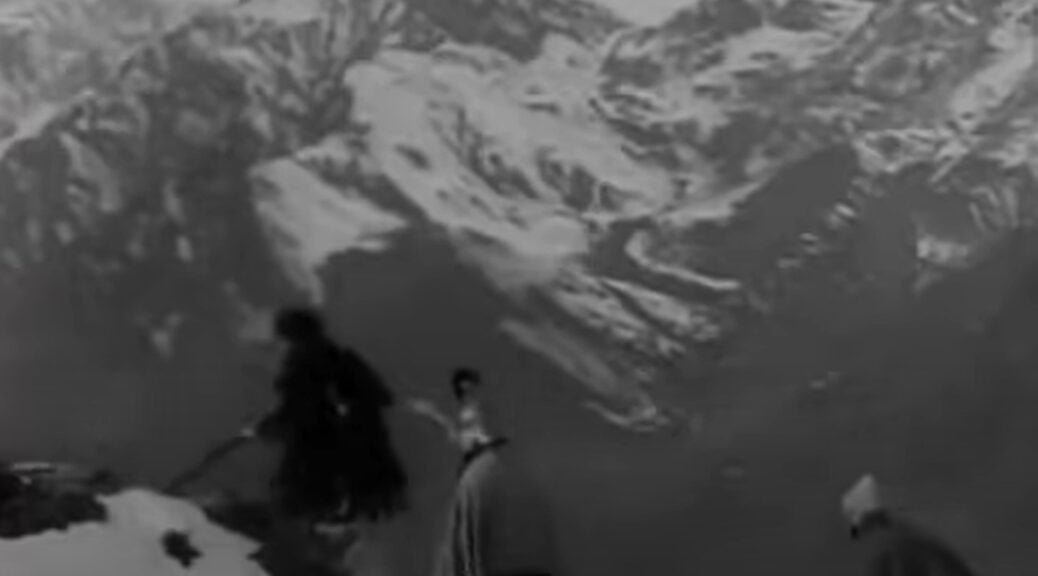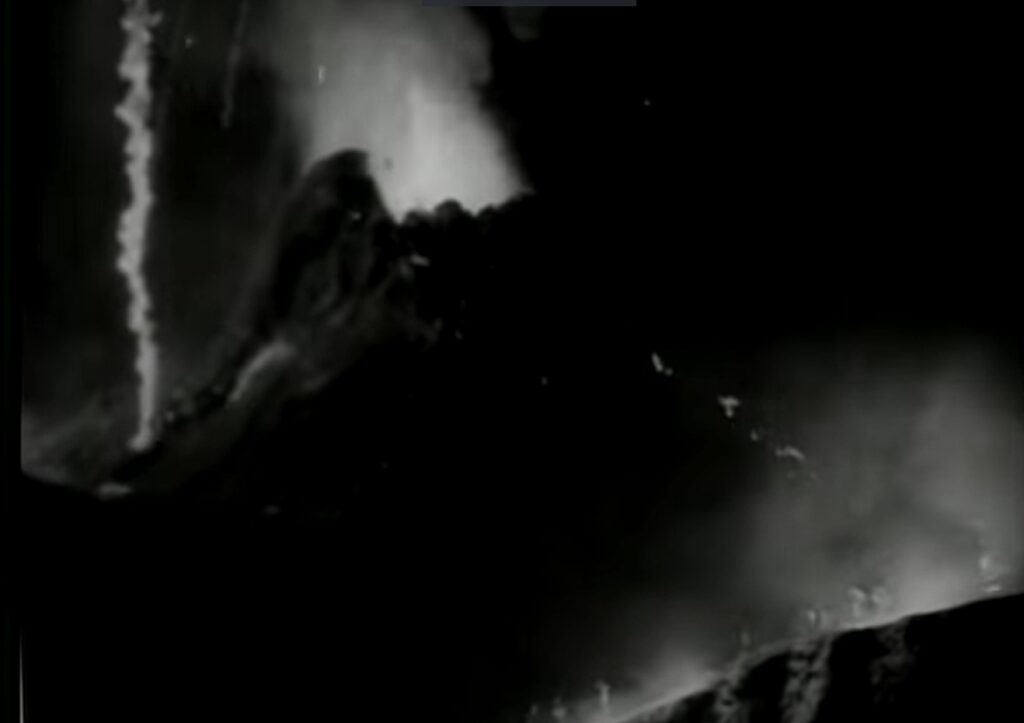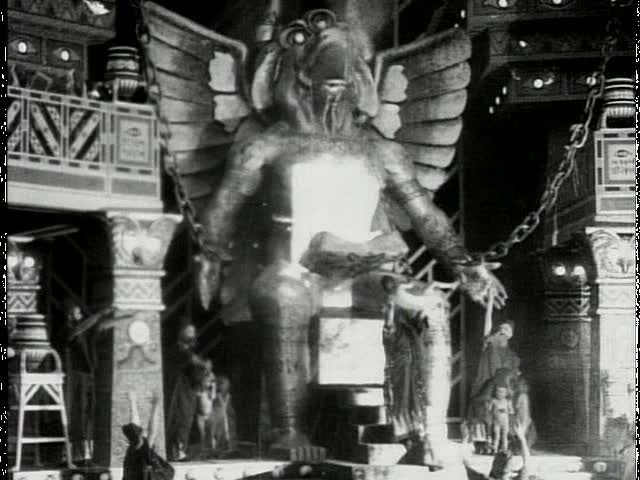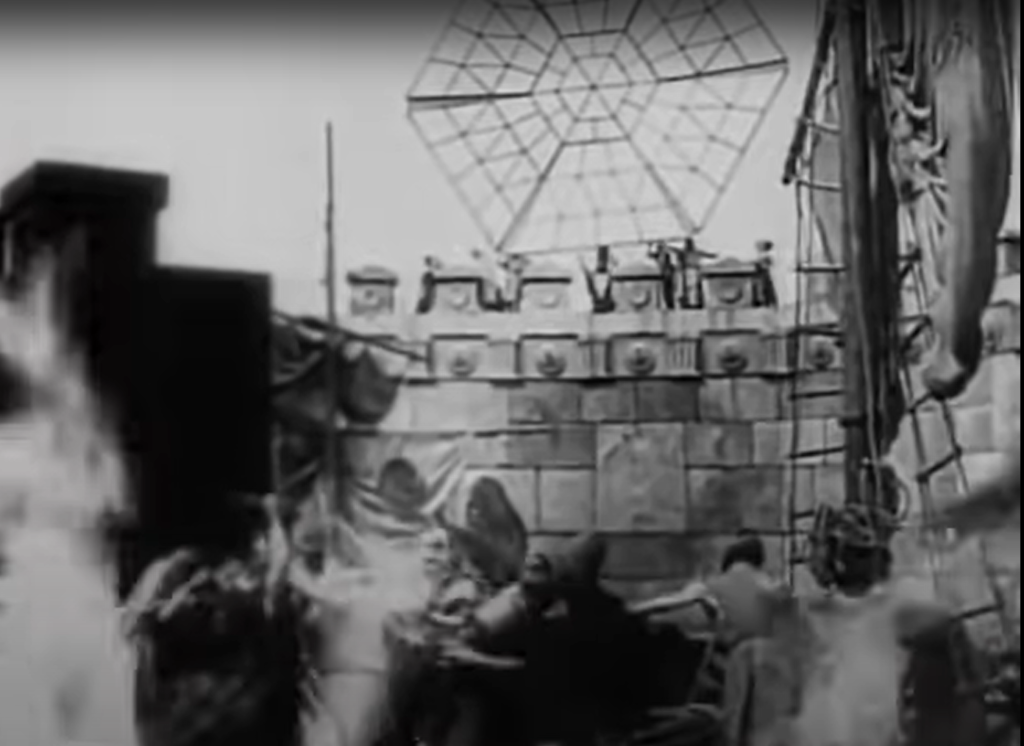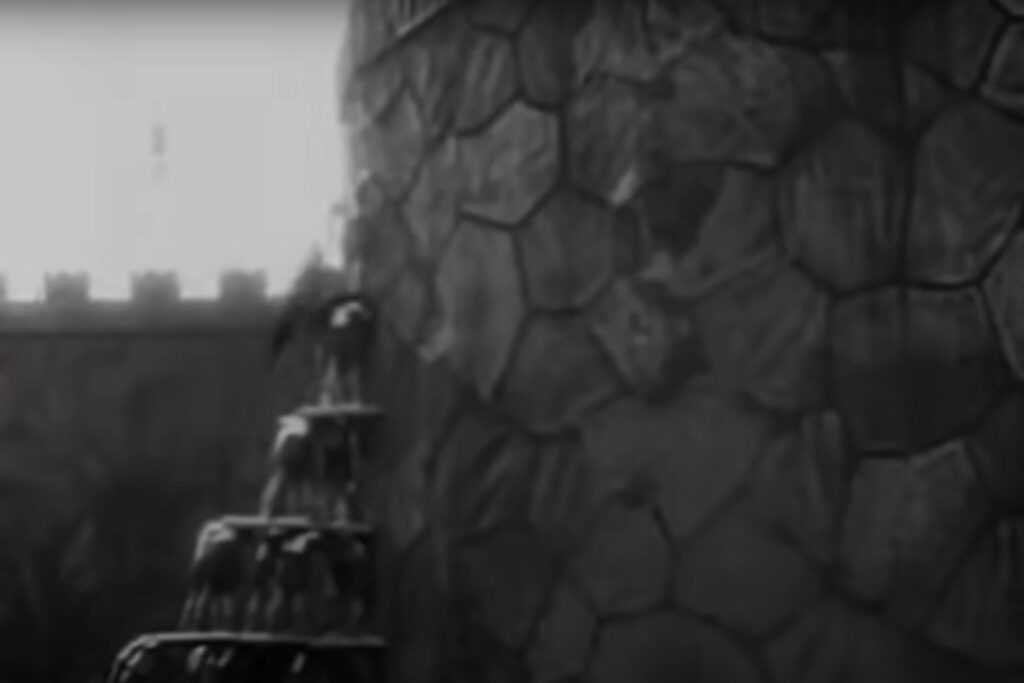IMDB Pompeii Review-Brian Lorenz
Pompeii Reflection
I am a huge fan of movies so doing this assignment was very enjoyable and an obvious first acta for me to complete. I chose to watch Pompeii because it was one of the more recent films, had a lot of actors and actresses that I like, and I have also been to Pompeii so know a lot of information about it. For all of these reasons I decided to watch Pompeii and I’m extremely happy that I did.
Right from the start the gore and visual effects in the movie were two things that really stood out to me. From the very first scene, there are dead bodies hanging upside down from trees and this type of intensity was a constant throughout between the gladiator fights and eventual eruption of Pompeii. As far as the visual effects were, I thought the scenery and costumes were really impressive, especially during the eruption, which made me happy with my choice to watch a newer film.
I also really enjoyed the structure of Pompeii. At the beginning of the movie, all different social classes are introduced in their separate ways between the slaves, slave owners, and senator. At first it is almost like two separate story lines which I think provided a really good base for the characters in the movie. Eventually, all of these characters were brought together in a larger conflict, and the eruption followed. I thought this was a very cool aspect of the movie for two reasons. First, it gave a look into the hierarchy of the Roman Empire through the representation of multiple social classes. Second, I think it really emphasized the magnitude and importance of the eruption. I say this because nature doesn’t care what your social status is. When an eruption like that happens every other problem becomes insignificant and no amount of money or status can save you.
In relation to what we have learned in class so far two things from this movie stood out to me. The first thing was how the slave class was treated during the Roman Empire. I remember in class we talked about how Roman slaves had more freedoms than how we might think of slavery these days. In the movie, however, this was far from the case. There was severe mistreatment of these slaves and gladiators between the fighting, living conditions, and other general restrictions on their lives. I’m not sure if this was something that was done for dramatic effect, or if this was actually an accurate representation of Roman slavery. The last thing that was similar to what we learned about in class was the idea of Romans thinking they are better than everyone else. One particular line that stood out to me was when the Roman champion is fighting Milo and says “no savage could ever compete with a Roman.” I think the quote really sheds light on the superiority that Romans felt they had over everyone else.
